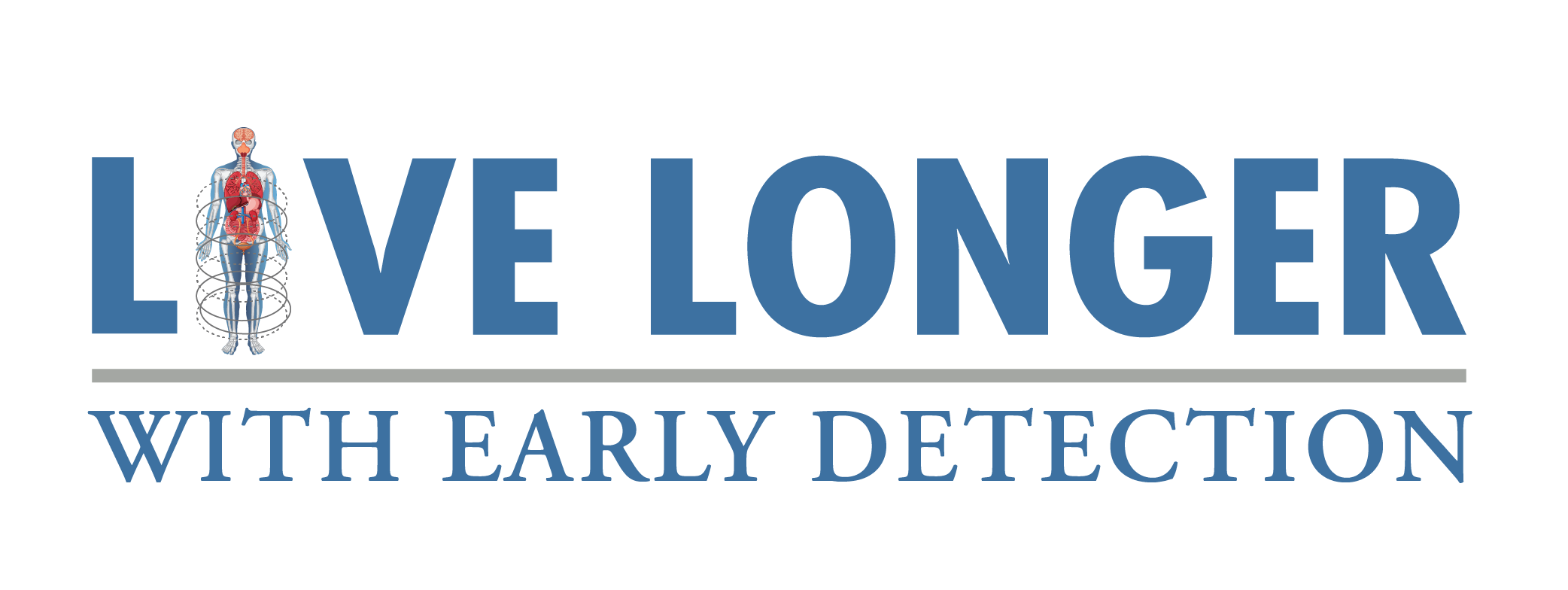Cancer prevention is not solely reliant on genetics; your lifestyle and dietary choices play a significant role in reducing your risk of developing this disease. By adopting a proactive approach and making informed decisions, you can significantly enhance your overall health and reduce your susceptibility to cancer. Here’s a closer look at how nutrition and lifestyle choices can contribute to cancer prevention:
1. A Balanced Diet:
- Consume a diet rich in fruits, vegetables, and whole grains.
- Limit red and processed meat consumption.
- Choose lean protein sources like poultry, fish, and plant-based options.
2. Antioxidant-Rich Foods:
- Antioxidants, found in foods like berries, nuts, and leafy greens, can help protect your cells from damage.
- Incorporate a variety of colorful fruits and vegetables into your daily meals to benefit from a wide range of antioxidants.
3. Limit Sugar and Processed Foods:
- Excess sugar and processed foods can contribute to inflammation and weight gain, increasing cancer risk.
- Opt for natural sweeteners, and minimize the consumption of highly processed snacks and sugary beverages.
4. Healthy Fats:
- Replace saturated and trans fats with healthy fats like those found in avocados, nuts, and olive oil.
- These fats can help reduce inflammation and support overall health.
5. Regular Physical Activity:
- Engaging in regular physical activity can help maintain a healthy weight and reduce cancer risk.
- Aim for at least 150 minutes of moderate-intensity exercise or 75 minutes of vigorous-intensity exercise per week.
6. Limit Alcohol:
- Excessive alcohol consumption is linked to an increased risk of certain cancers.
- If you choose to drink, do so in moderation.
7. Tobacco and Smoking Cessation:
- Smoking is a leading cause of preventable cancers.
- Seek support to quit smoking, and avoid exposure to secondhand smoke.
8. Sun Protection:
- Skin cancer can often be prevented by protecting your skin from harmful UV rays.
- Use sunscreen, wear protective clothing, and avoid prolonged sun exposure, especially during peak hours.
9. Maintain a Healthy Weight:
- Obesity is associated with an increased risk of several cancers.
- A balanced diet and regular exercise can help you achieve and maintain a healthy weight.
10. Regular Screening and Check-ups:
- Don’t skip recommended cancer screenings and health check-ups.
- Early detection can be a key factor in successful cancer treatment.
Remember that making these changes to your lifestyle and diet doesn’t guarantee immunity from cancer, but it can significantly reduce your risk. By adopting a health-conscious approach and making informed choices, you’re taking a proactive step towards better overall health and a reduced risk of cancer.

